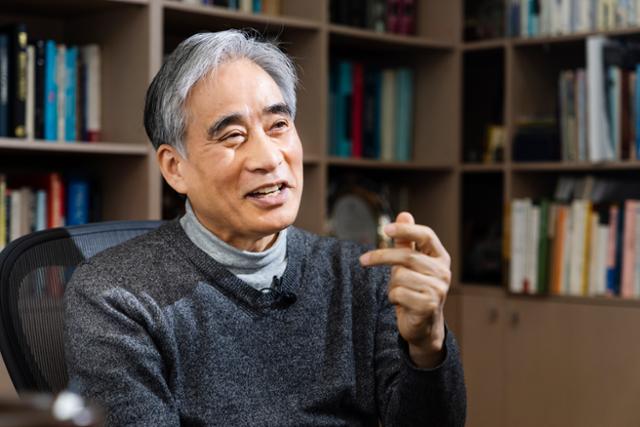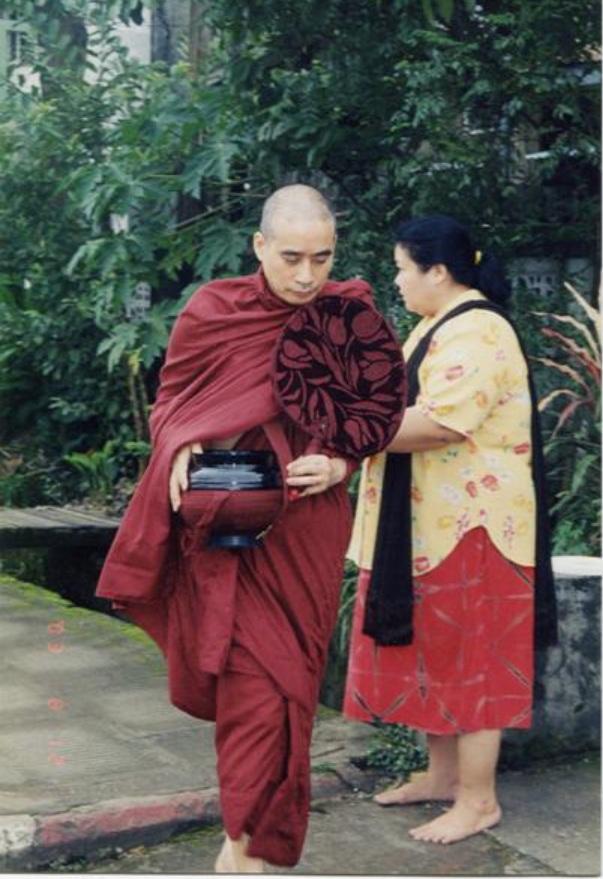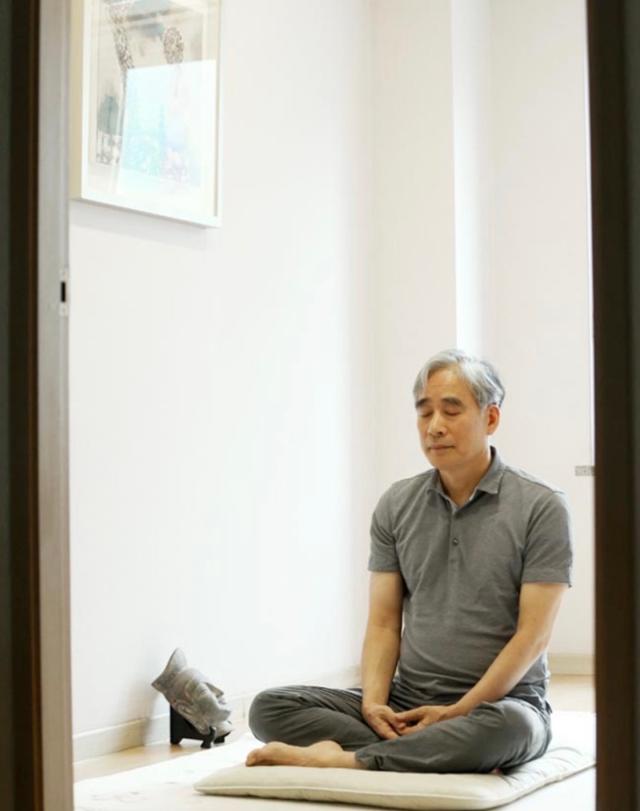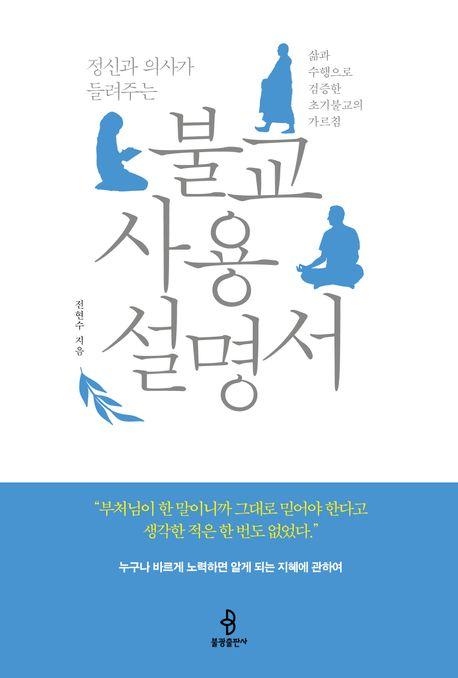
Jeon Hyun-soo, a psychiatrist who integrates Buddhism with his psychotherapy practice / Courtesy of Bulkwang Media
By KTimes
Jeon Hyun-soo, a psychiatrist and practitioner who has studied Buddhism for more than 40 years, believes that focusing on the present is key to overcoming life's struggles.
"The answer to all problems lies in the present. Most of my patients focus on the past or future. Encouraging them to concentrate on the present allows them to see their problems as they are," Jeon, 69, said.
He recently published "A Guide to Using Buddhism" and is the founder of Buddhist psychotherapy, which integrates Buddhist principles into psychological treatment. "The earliest Buddhist scriptures, which are closest to the words of Buddha, clearly outline ways to reduce suffering and find peace in life," he said. "For modern people suffering from distress, they serve as both a wake-up call and the best remedy."

Psychiatrist Jeon Hyun-soo shaved his head and lived as a bhikshu in 2003 in Yangon, Myanmar. Courtesy of Jeon Hyun-soo
Why did a psychiatrist adopt Buddhism as the foundation of his psychological treatment? "Buddhism is a perfect system for eliminating suffering," he said. His journey began when Ko Ik-jin, a Buddhist scholar at Dongguk University, shared this with him as a second-year medical resident. "That statement struck a chord with me and led me to study Buddhism. After all, psychiatry is also a tool to eliminate human suffering. I began to see Buddhism not as just another cultural tradition but from an entirely new perspective."
As he immersed himself in Buddhist teachings and practices, he gained insight into the profound nature of the mind. However, his curiosity and desire to fully understand how to free and transform the mind deepened. This led him to shut down his clinic twice and dedicate himself entirely to practice.
During a short-term ordination in Yangon, Myanmar, he studied Therav?da Buddhist meditation techniques such as Samatha and Vipassana, ultimately experiencing the "samadhi" state, in which all mental afflictions disappear.
For the past two decades, he has refined a psychological treatment system based on Buddhist teachings. He has collaborated with monks, psychologists and psychiatrists to study the intersection of Buddhism and therapy and even founded the Korean Association of Buddhism and Psychotherapy. Over several years, he learned Pali and Sanskrit to read the early scriptures, systematically applying their concepts to psychiatry.
"After repeated verification, I became convinced that Buddhism could be used as a therapeutic approach. It was a form of clinical experimentation. If I have found the most precise and well-tested treatment, why wouldn't I use it?" Jeon said with a smile.

Jeon Hyun-soo meditates in a room next to his clinic. Courtesy of Jeon Hyun-soo
How does he incorporate Buddhism into psychological treatment? Jeon first helps patients explore the nature of their body and mind. The initial step of all treatment is making patients aware of their own anxieties, anger, obsession and compulsions, and identifying their origins. He then analyzes how their mental pathways have formed. Based on this, he prescribes a meditation technique suited to each patient, guiding them in reconstructing their minds.
"The mind can only focus on one thing at a time. According to Buddhist principles, we train patients to observe how their minds follow preestablished paths and, through specific and straightforward meditation techniques, help them stop negative mental cycles."
His book serves as a guide for those who want to manage their minds using Buddhist principles without visiting a hospital. "All suffering has a cause. This is the fundamental Buddhist principle of causality. The hopeful part is that we can create a new system depending on how we shape our minds. Remember, the path you take in life is the one you create."

Jeon Hyun-soo’s "A Guide to Using Buddhism" / Courtesy of Bulkwang Media
This article from the Hankook Ilbo, the sister publication of The Korea Times, is translated by a generative AI system and edited by The Korea Times.


















 English (United States) ·
English (United States) ·